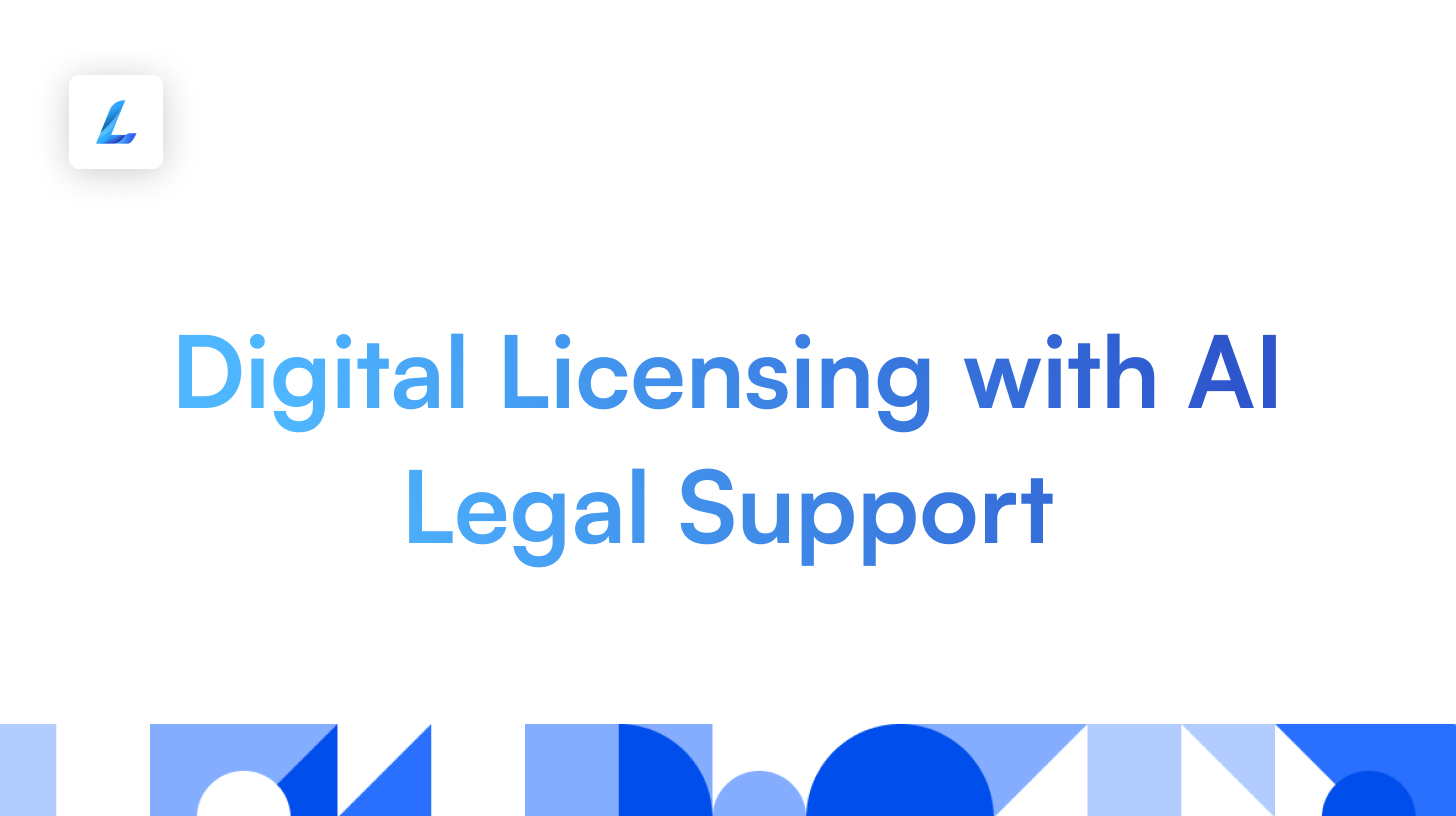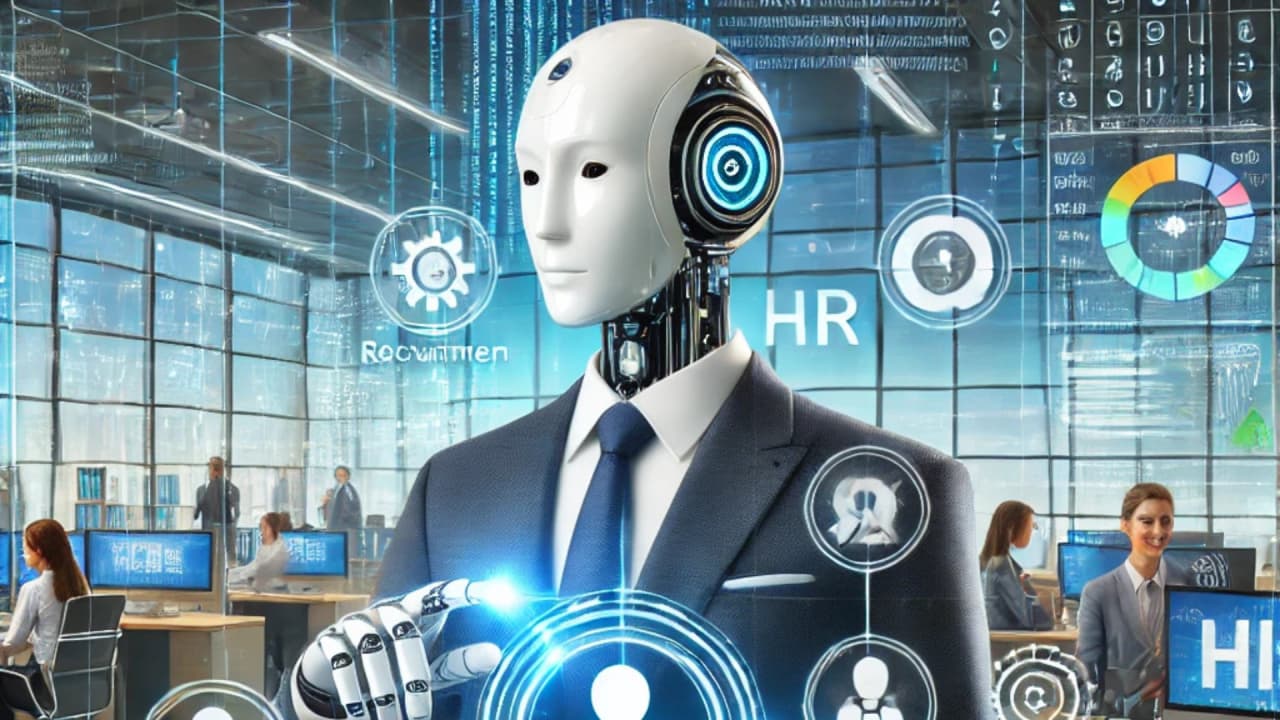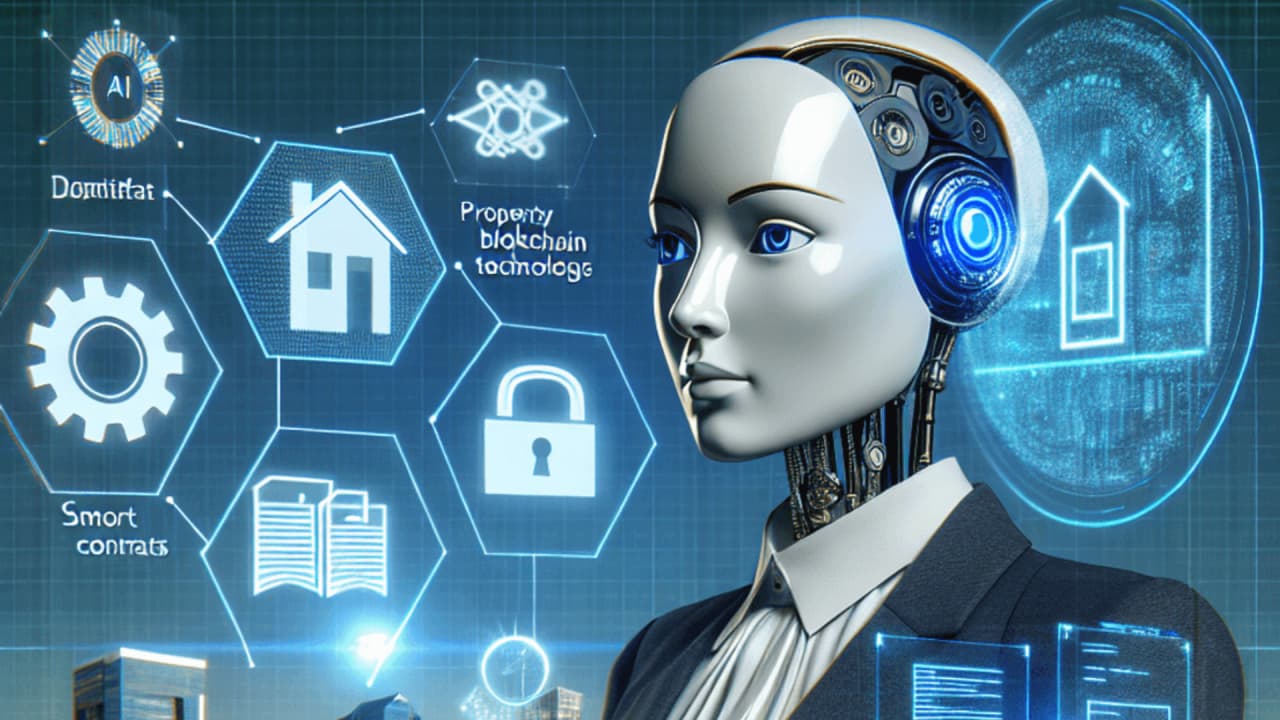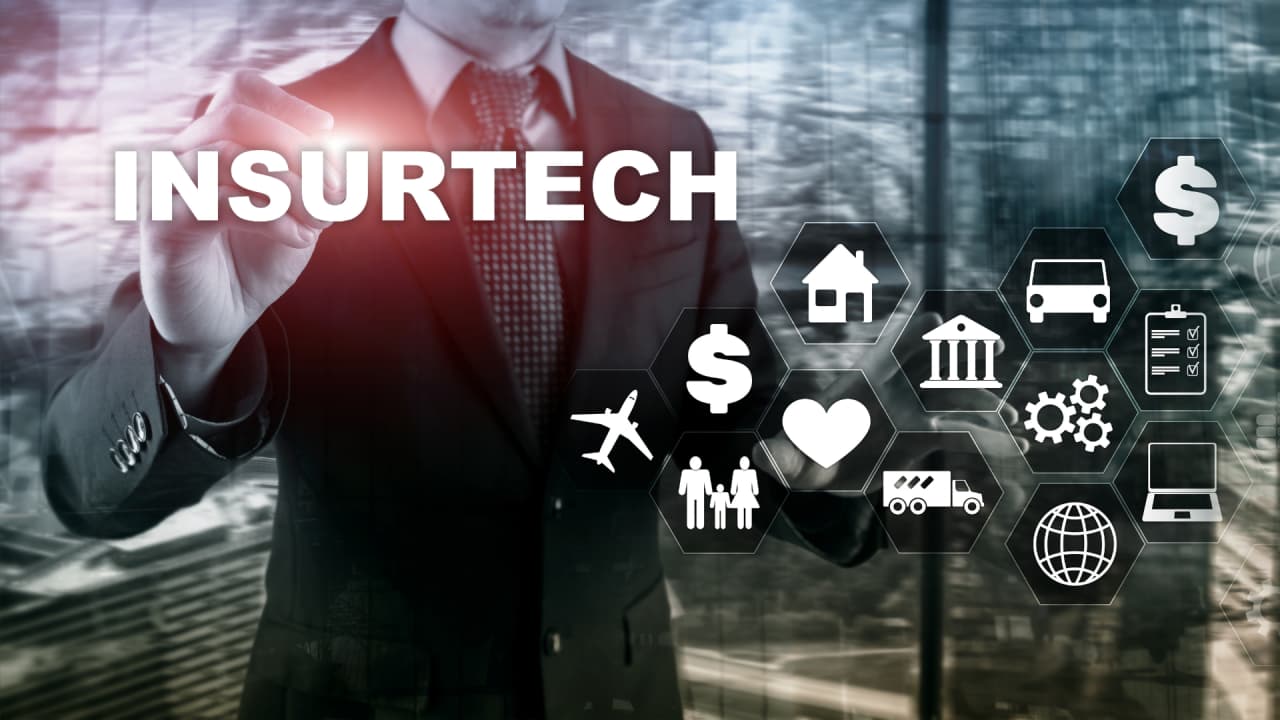Unlocking the Potential of AI in Digital Licensing
In the ever-evolving landscape of digital licensing, the stakes are high. Content creators, businesses, and individuals rely on licenses to protect their intellectual property and control how it is used. With the emergence of artificial intelligence (AI), digital licensing has found a powerful ally. In this blog post, we embark on a journey to explore how AI is reshaping the digital licensing domain. We will delve into the basics of digital licensing, navigate through notable cases, and discover how lawyers are handling digital licensing with AI by automating legal analysis, prediction, and automation in this critical legal domain.
Demystifying Digital Licensing – The Basics
Before we delve into the transformative role of AI in digital licensing, let’s establish a solid understanding of the fundamentals. Digital licensing is the process by which intellectual property rights, such as copyrights or trademarks, are granted to others for specific uses, typically in exchange for compensation. These licenses set the terms and conditions for how digital content can be used, distributed, or reproduced.
In the realm of digital licensing, two essential terms stand out:
- Licensor: The party who owns the intellectual property and grants the license. This could be a content creator, a company, or an individual.
- Licensee: The party seeking permission to use the intellectual property under the terms specified in the license. Licensees can include publishers, distributors, or individuals.
Understanding these fundamental concepts is crucial when navigating the complexities of digital licensing agreements.
Pioneering Digital Licensing – Notable Cases
To appreciate the potential impact of AI in digital licensing, let’s explore a few high-profile cases where the application of AI could have made a significant difference. Take, for instance, a case involving a renowned musician’s copyrighted music being used without permission in a viral online video. With AI-powered content recognition and monitoring tools, the licensor could have detected this unauthorized use in real-time, ensuring proper compensation and compliance with the license terms.
In the realm of software licensing, consider a case where a major corporation unknowingly used unlicensed software across its global operations, leading to costly legal repercussions. AI-driven software auditing tools could have proactively identified and rectified the licensing issue, potentially saving the corporation millions in fines and legal fees.
AI’s Current Role in Digital Licensing
AI has already begun to transform digital licensing by offering innovative solutions to common challenges. Here are some ways AI is currently being used:
- Content Recognition: AI algorithms can scan the vast digital landscape to detect unlicensed use of copyrighted material. This ensures that licensors can protect their intellectual property and receive fair compensation.
- Contract Analysis: AI-powered tools can review and analyze complex licensing agreements, flagging potential issues and ensuring that the terms are adhered to.
- Predictive Analytics: AI can predict licensing trends and help licensors and licensees make informed decisions regarding licensing terms and pricing.
Legaliser’s AI Legal Assistant
In the realm of AI-powered legal tools, Legaliser’s AI Legal Assistant emerges as a game-changer for digital licensing. This cutting-edge platform offers unique features and advantages that directly impact the efficiency and effectiveness of digital licensing processes.
- Content Recognition: Legaliser’s AI Legal Assistant includes advanced content recognition capabilities, allowing licensors to monitor the use of their intellectual property across the digital landscape, identifying unauthorized use promptly.
- Contract Analysis: The platform excels in contract analysis, ensuring that licensing agreements are comprehensive and legally sound. It flags potential issues and ensures that both parties adhere to the terms of the license.
- Predictive Insights: Legaliser’s AI can provide predictive insights into licensing trends, helping licensors set competitive pricing and terms.
- Free Trial: To encourage licensors and licensees to experience the benefits of AI, Legaliser offers a free trial of its AI Legal Assistant. This trial period allows users to witness firsthand how AI can streamline the digital licensing process, protect intellectual property, and enhance the quality of licensing agreements.
The Future of AI in Digital Licensing
In summary, the integration of AI is already enhancing how intellectual property is protected and managed. Legal professionals, content creators, and businesses stand to benefit from AI’s ability to recognize unauthorized use, analyze licensing agreements, and predict licensing trends. The future of digital licensing is one where intellectual property rights are safeguarded more effectively and licensing processes are more efficient.
Embrace the AI Advantage
As we conclude our exploration of AI in digital licensing, it’s evident that AI is transforming this legal domain. Legal professionals and stakeholders in the digital content industry should embrace the AI advantage. AI tools like Legaliser’s AI Legal Assistant are not just tools; they are catalysts for innovation, efficiency, and protection of intellectual property.
In conclusion, the question of whether AI can expedite and enhance the digital licensing process is answered with a resounding yes. The future beckons with the promise of more streamlined, efficient, and secure licensing practices. Whether you’re a content creator looking to protect your work or a business seeking to license digital assets, the time to explore AI in the realm of digital licensing is now. The legal domain is evolving, and with AI by our side, digital licensing can be a seamless and safeguarded process for all.






